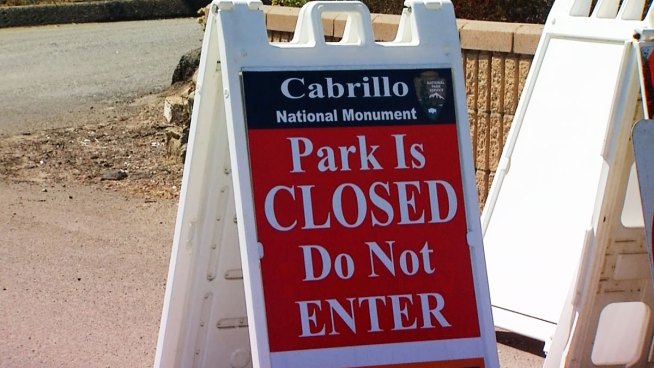
Government Shutdown: Why Americans Don't Care
At the time of the U.S. government shutdown, highway traffic was as heavy as usual, and you could not tell the difference. America was not paralyzed; the stock market climbed as it did before. On the contrary, the shutdown magnifies the superiority of the U.S. federal system and small government. The federal government controls only the military, foreign affairs, security, borders and other such central authorities. Of course, it still has the power to monitor, but the majority of other powers return to state and local governments, such as maintaining public security, traffic control and so on. Even U.S. Citizenship and Immigration Services is not influenced because its funding relies on the filing of fees immigrants pay to the government. The U.S. Postal Service operates autonomously, so the government shutdown also does not affect the post office's mail delivery. If the state and city governments were to shut down, there would be even more disturbances in people's livelihoods. So, to people in other countries, the U.S. government shutdown seems to be a tremendous event, but the majority of Americans seem to not care about it.
The U.S. government shutdown is a most typical political battle: Republicans have always seen Obama's health care reform as a thorn in their side, and they will not be happy until it is gone. They have seized this opportune moment of government funding allocations to launch their attack, not hesitating to allow the government to shut down to force Obama to make concessions on the health care reform law. Yet Obama is also resolved and would rather the government shut down than not implement the health care reform. In this kind of situation, the government has become a sacrificial lamb; Congress will not allocate funds: Uncle Sam is poor and cannot make it work without money. In recent years, in the fierce battles between Republicans and Democrats, the main tool has been exerting pressure on the White House during government funding allocations, and in the end, they played big and greatly paralyzed the government.
In reality, Americans are already very disgusted with and revolted by the fierce battles between the political parties, but they have no alternative. These members were elected; a House representative's term is a couple of years, a senator's is six years and presidential elections are once every four years. They want to change people but still need to endure through this time. So, since the people have elected their politicians through elections, this is the price the electorate must pay for their irresponsible behavior.
During this time, when people care about what kind of influence the government shutdown will have on the lives of the masses, the media is actually considering the question of whether the American political operating model needs to be changed. Reuters news agency stated that this U.S. congressional deadlock is making people raise new challenges regarding whether the deeply divided Congress is able to carry out the most basic functions. An imbalance in the political functions of the U.S. Congress has also triggered new worries, even if Congress is able to reach a unanimous decision on borrowing the $16.7 trillion limit before the final mid-October deadline. The Wall Street Journal believes that concrete evidence proves that in a situation of severe divergences internally in the government, it is harder and harder for Congress to carry out its basic responsibilities of a planned budget and priority order of expenditures. In the days ahead, U.S. government circles expect performances of mounting intense publicity by excellent politicians, with both sides attempting to occupy the political vantage point.
The reason for the polarization in American politics is because the two parties and two kinds of ideologies have misunderstood Americans as a whole. Americans do not like "indulgence" and "selfishness"; they do not like the government excessively interfering in personal decisions, and they also do not like heavy taxes. The American people hope the government will look after each citizen and believe that success depends on his or her own striving. Americans recognize that the difference between the rich and the poor is excessively grave, and they agree that America's strength mainly comes from its commercial success. The majority of Americans believe that government efficiency is often low, and waste is a common practice. The government shutdown is also making people experience more deeply the keenly felt pain of the fierce battles between the political parties, meaning their hope for small government and large society has become the largest byproduct of the government shutdown.


